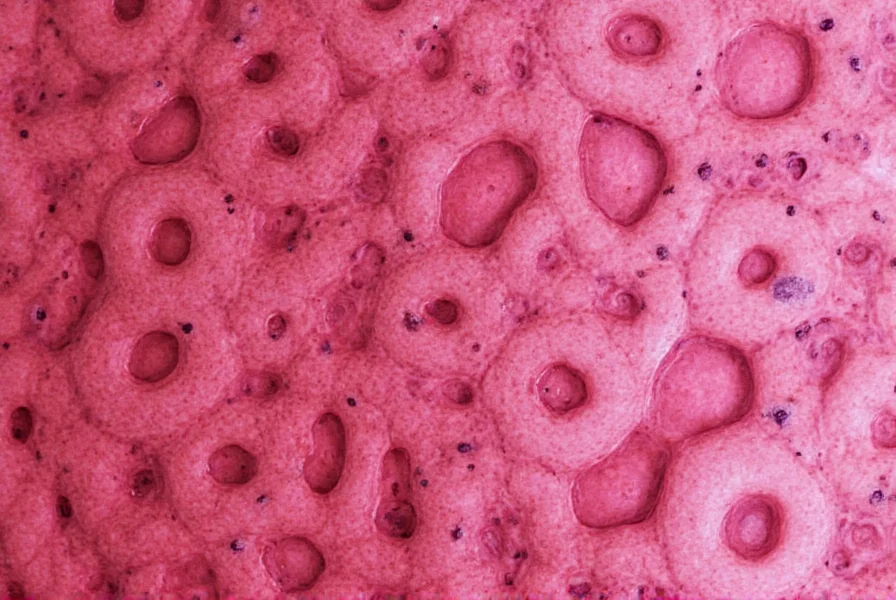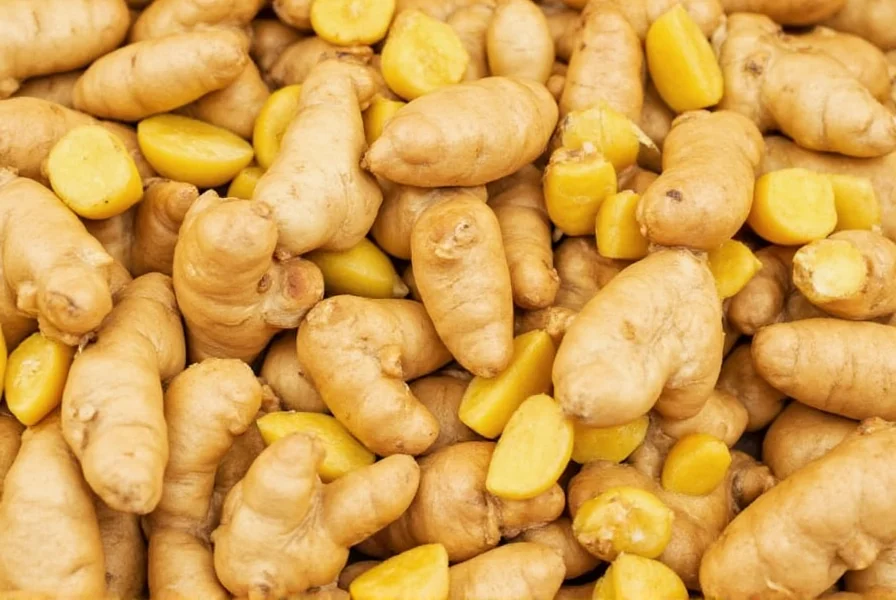For centuries, ginger has been used in traditional medicine systems worldwide for its therapeutic properties. Modern science is now investigating whether this common spice truly delivers benefits for specific organ systems, particularly the liver - our body's primary detoxification center. As interest in natural approaches to liver health grows, many are asking: is ginger good for liver function and protection?
The Science Behind Ginger and Liver Health
Ginger (Zingiber officinale) contains bioactive compounds like gingerols, shogaols, and zingerone that give it potent antioxidant and anti-inflammatory effects. These properties appear particularly relevant for liver health, as oxidative stress and inflammation are key factors in many liver conditions.

Research Evidence on Ginger for Liver Conditions
Several studies have examined ginger's effects on liver health with promising results:
| Study Type | Findings | Limitations |
|---|---|---|
| Human Clinical Trial (2020) | 80 NAFLD patients taking 2g ginger daily showed significant reductions in liver enzymes (ALT, AST) and liver fat compared to placebo | Relatively small sample size; 12-week duration |
| Animal Study (2021) | Ginger extract reduced oxidative stress markers and improved liver function in rats with chemically-induced liver damage | Animal model may not fully translate to humans |
| Meta-Analysis (2022) | Combined data from 5 studies showed ginger supplementation significantly lowered ALT levels, a key marker of liver damage | Variation in ginger preparations and dosages across studies |
How Ginger May Support Liver Function
Research suggests several mechanisms through which ginger might benefit liver health:
Antioxidant Protection
The liver constantly processes toxins, generating free radicals in the process. Ginger's potent antioxidants help neutralize these harmful compounds, reducing oxidative stress that can damage liver cells. This ginger benefits for liver detox processes may enhance the organ's natural cleansing abilities.
Anti-inflammatory Effects
Chronic inflammation contributes significantly to liver diseases like non-alcoholic steatohepatitis (NASH). Gingerols in ginger inhibit inflammatory pathways, potentially slowing disease progression in conditions like is ginger good for fatty liver scenarios.
Fat Metabolism Regulation
Studies indicate ginger may help regulate lipid metabolism, reducing fat accumulation in the liver. This effect appears particularly relevant for non-alcoholic fatty liver disease (NAFLD), which affects approximately 25% of adults worldwide.
Important Considerations and Limitations
While the research on scientific evidence on ginger and liver health is promising, several important considerations exist:
- Most human studies have been relatively small and short-term
- Optimal dosage for liver benefits hasn't been definitively established
- Long-term safety data for therapeutic doses is limited
- Ginger may interact with certain medications processed by the liver
Practical Recommendations for Liver Health
If you're considering using ginger to support liver health, these evidence-based recommendations may help:
Dosage Guidelines
Research studies have typically used 1-2 grams of ginger daily (approximately 1 teaspoon of fresh grated ginger or 1/2 teaspoon of powdered ginger). This amount appears safe for most adults when consumed as part of a balanced diet.
Safe Incorporation Methods
For those exploring ginger root for liver cleansing approaches, consider these practical options:
- Add fresh ginger to smoothies, teas, or stir-fries
- Use ginger in homemade salad dressings
- Try ginger-infused water throughout the day
- Consider standardized ginger supplements only after consulting a healthcare provider
When to Consult a Professional
Individuals with existing liver conditions, those taking medications metabolized by the liver, or people scheduled for surgery should consult with a healthcare provider before significantly increasing ginger intake. This is particularly important when considering ginger supplements for liver disease, as concentrated forms may interact with treatments.
Conclusion: A Promising Natural Support
Current evidence suggests ginger may offer supportive benefits for liver health, particularly through its antioxidant and anti-inflammatory properties. While it shouldn't replace conventional medical treatments for liver diseases, incorporating ginger into a balanced diet appears to be a safe strategy for many people seeking natural approaches to liver support. More extensive human trials are needed to establish definitive protocols for using ginger specifically for liver conditions. As with any natural remedy, a balanced perspective and professional guidance are essential components of safe implementation.
Frequently Asked Questions
Can ginger reverse fatty liver disease?
Current research suggests ginger may help improve markers of fatty liver disease, but cannot completely reverse established liver damage. Studies show ginger supplementation can reduce liver fat accumulation and improve liver enzyme levels in people with non-alcoholic fatty liver disease (NAFLD), but it works best as part of a comprehensive approach including diet, exercise, and medical supervision.
How much ginger should I take for liver health?
Research studies typically use 1-2 grams of ginger daily (about 1 teaspoon fresh grated ginger or 1/2 teaspoon powdered ginger). This amount appears safe for most adults when consumed as part of a balanced diet. Higher therapeutic doses should only be taken under healthcare provider supervision, especially for those with liver conditions or taking medications.
Does ginger lower liver enzymes?
Multiple studies indicate ginger may help lower elevated liver enzymes like ALT and AST, which are markers of liver damage. A 2020 clinical trial found that 2g of ginger daily significantly reduced these enzymes in patients with non-alcoholic fatty liver disease compared to placebo. However, ginger should not be used as a sole treatment for abnormal liver enzymes without medical evaluation.
Is fresh ginger better than supplements for liver health?
Both fresh ginger and standardized supplements can offer benefits, but fresh ginger in culinary amounts generally presents fewer risks. Supplements provide more concentrated doses but may interact with medications. For general liver support, incorporating fresh ginger into your diet is typically safer. Therapeutic doses for specific liver conditions should be discussed with a healthcare provider to determine whether fresh ginger or supplements would be more appropriate.
Can I use ginger if I have cirrhosis?
If you have cirrhosis or advanced liver disease, consult your healthcare provider before using ginger therapeutically. While culinary amounts are generally safe, higher doses might interact with medications or affect bleeding risk, which is particularly important for cirrhosis patients who may have clotting issues. Ginger should never replace conventional treatments for cirrhosis.











 浙公网安备
33010002000092号
浙公网安备
33010002000092号 浙B2-20120091-4
浙B2-20120091-4